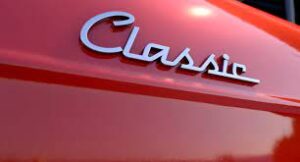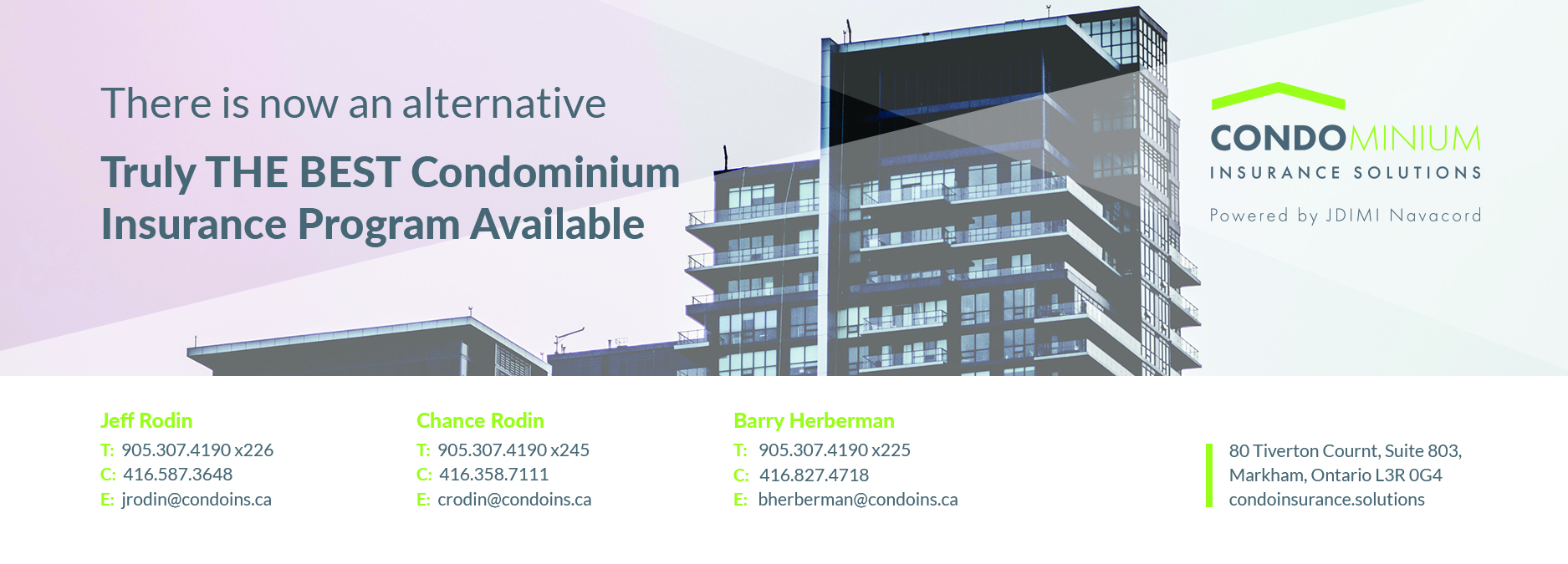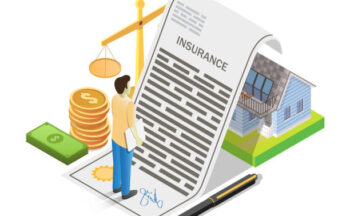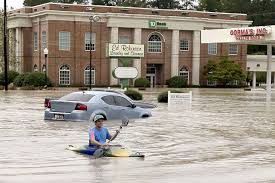 April 2024
April 2024
Condominium insurance can be confusing, especially when it involves chargebacks and deductibles.
Unknown to the unit owner, a toilet valve in the ensuite bathroom was deteriorating. The valve broke while the family was on vacation. Water overflowed the toilet and the unit’s bathroom floor. Hours later, the entire unit was flooded along with units adjacent and below. In total, about ten units were damaged. Repair costs for the condominium corporation’s common areas exceeded $100,000.
Some version of this scenario, which is based on an actual situation, plays out regularly in high-rise buildings.
The condominium corporation had insurance protecting against water damage which carried a $25,000 deductible. A dispute arose about who is responsible for the cost to repair the flood damage and to what extent. The primary issue was about who pays the deductible.
When there is damage originating in a unit that affects other units or common areas, the corporation can submit a claim to its insurance company which will also pay for repairs to the unit where damage first occurred. The corporation can then issue a chargeback to the unit, if they can show that damage was caused by an act or omission by someone in the unit, in the amount paid as a deductible for their insurance policy, but only for damage caused in that unit.
The corporation may decide not to submit an insurance claim. They still have an obligation to ensure repairs are undertaken in the originally damaged unit and throughout the building. They may feel this approach is preferable to risking a higher insurance deductible or premiums. If the corporation can show that damage was caused by an act or omission by someone in the unit, they can issue a chargeback to the unit up to the amount of the corporation’s insurance deductible.
Any chargeback can only be applied to the cost of repairing damage in the originally damaged unit. It cannot be applied to the cost of repairing other units or common areas. The amount of this chargeback is limited to the amount of the condominium corporation’s insurance deductible.
If the damage was not caused by an act or omission by someone in the unit, no chargeback can be applied.
Damage to Common Areas
According to the Condo Act, if a condominium corporation’s insurance policy has a deductible, the amount of the deductible is a common expense if the damage is either caused to common areas and/or originates from the common areas which includes hallways, stairways, lobby and recreational facilities. The corporation’s insurance company would pay the repair costs to the common areas and any affected units. The insurance deductible would be considered a common element expense paid by the condominium corporation and funded through condo fees.
If the damage to common areas is less than the deductible, the amount may be an additional common expense payable by the unit owner where damage first occurred. This amount is described as a chargeback and cannot be applied to the cost of repairing other units or common elements. If there has been negligence on the part of the owner, resident or guest in the unit, the chargeback can be applied to the unit. This would require that the corporation show that an owner, resident or guest did something to have caused and/or resulted in the damage.
Insurance Deductible By-law
If the condominium corporation had chosen to pass an insurance deductible by-law, the condominium corporation could have been allowed to issue a chargeback to the unit where damage originated. A properly drafted by-law could allow the condominium corporation to charge back to the originally damaged unit the cost of repairs to the unit and the cost of repairs to other affected units and/or common areas, up to the insurance deductible amount. There would not be a requirement that an act or omission by someone in the unit had occurred.
An insurance deductible by-law would have ensured that all repair costs arising from the water leak were charged back to the originating unit.
 A condominium insurance specialist can best advise on how to protect your community from an unnecessarily high or large number of insurance claims. They may suggest policy revisions if some are available. Revisions to governing documents for protecting the corporation against claims by residents are likely for those communities without an insurance deductible by-law. Damage mitigation measures such as water detection systems are likely to be suggested to communities with a large number of, or high dollar amount water damage claims
A condominium insurance specialist can best advise on how to protect your community from an unnecessarily high or large number of insurance claims. They may suggest policy revisions if some are available. Revisions to governing documents for protecting the corporation against claims by residents are likely for those communities without an insurance deductible by-law. Damage mitigation measures such as water detection systems are likely to be suggested to communities with a large number of, or high dollar amount water damage claims








